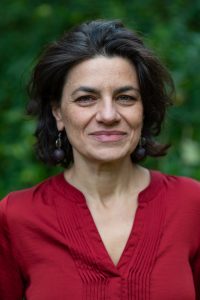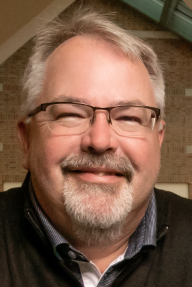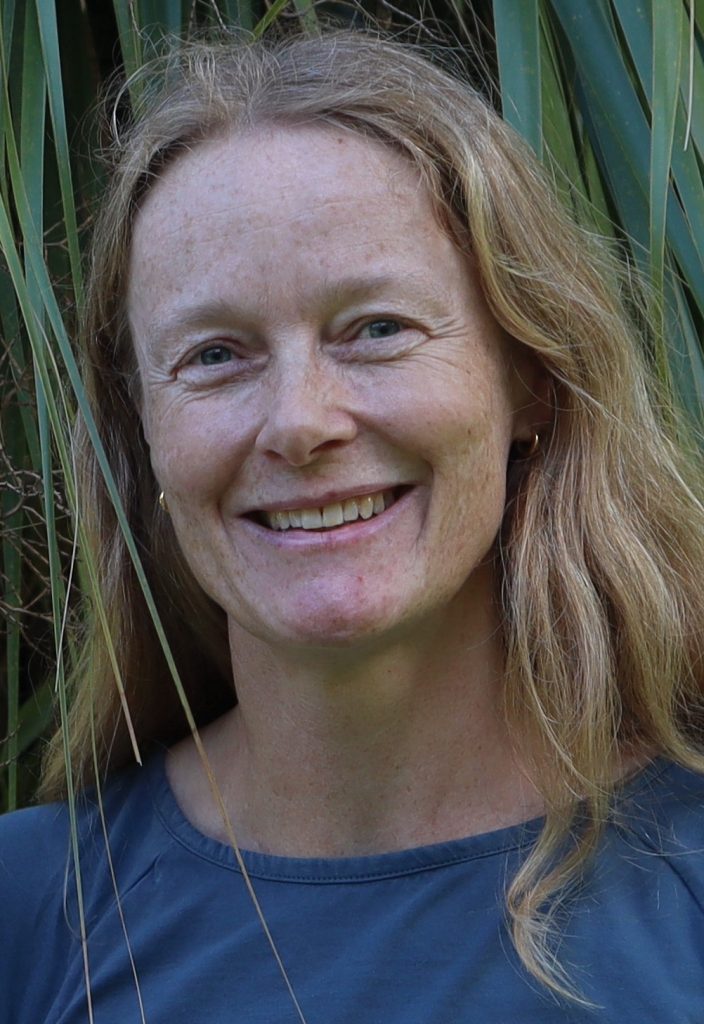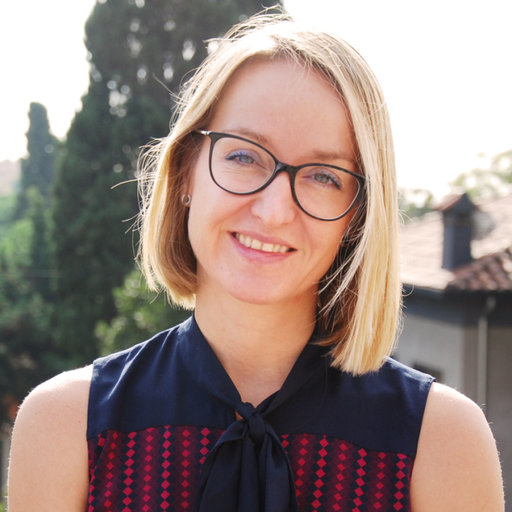
Dora Alexopoulou
University of Cambridge
Dr. Alexopoulou obtained an MSc in Natural Language and Speech Processing and then a PhD in Linguistics in Edinburgh. Before coming to Cambridge, she worked at the Universities of Edinburgh and York and held an Intra-European Marie Curie Fellowship at the University of Lille III, France. She interested in natural language syntax, as a manifestation of the human cognitive capacity for language, and in the way syntax shapes language learning. Her research looks at variation and diversity across languages and how the linguistic distance between a learner’s mother tongue and their second language influences the way they process and interpret it, how it impacts on their learning, even predicting proficiency scores in exams. Her practical goal is to develop learning methods and tools that can address learning challenges and improve outcomes. She approaches these questions through Chomsky’s generative syntax and a combination of experimental and corpus data, in particular big data from online foreign language learning platforms.
Link to the talk: Big learner corpora: any good for theoretical SLA research?

Kiel Christianson
University of Illinois at Urbana-Champaign
Kiel Christianson earned his PhD in Linguistics, with a concentration in Cognitive Science, in 2002 from Michigan State University. Prior to that, he was a member of the founding faculty of the University of Aizu (Japan). Prior to coming to Illinois, he was an NIH Postdoctoral Trainee at the University of Massachusetts-Amherst. He is the recipient of two Fulbright Fellowships, an NSF CAREER Award, and several other federal-, state-, and industry-funded grants and contracts. He’s published approximately 80 journal articles and book chapters on psycholinguistics, focusing mainly on syntactic parsing, lexical processing, reading comprehension, and bilingualism. He’s Full Professor of Educational Psychology with 0% appointments in the Departments of Linguistics and Psychology. He’s currently Chair of the Department of Educational Psychology (COE), Director of the SLATE Doctoral Concentration (LAS), Co-director of the Illinois Language and Literacy Initiative (ILLI, Beckman Institute), and Director of the EdPsych Psycholinguistics Lab (Beckman Institute).

Theres Grüter
University of Hawai’i, Manoa
Theres Grüter is a Professor of Second Language Studies at the University of Hawai‘i at Mānoa. She studied English and German at the University of Zürich (Switzerland), Linguistics (PhD) at McGill University (Canada), and Psychology (post-doc) at Standford University (USA). Her research investigates how language users of all kinds – adults and children, monolingual and multilingual – process and learn structural aspects of language. She is particularly interested in how we integrate information from various linguistic levels of representation (e.g., morphosyntax, semantics) with information from non-linguistic sources (e.g., event structure, visual information), how we do so as quickly and successfully as we typically do in real-time communication, and how language use and experience shape the way languages are processed and learned.
Link to the talk: A view from beyond the pigeonhole: Insights and challenges from a cross-population perspective on language acquisition and processing

Silvia Perpiñán
Universitat Pompeu Fabra, Barcelona, Spain
Sílvia Perpiñán is currently a ‘Beatriz Galindo’ senior researcher at the Universitat Pompeu Fabra in Barcelona. Previously, she was an Associate Professor at the University of Western Ontario (Canada). She has also been a Collaborator Professor at the Universitat Internacional de Catalunya, and a Visiting Professor at Ca’Foscari, Università di Venezia (Italy). She obtained her M.A. and Ph.D. at the University of Illinois, Urbana-Champaign (USA). She specializes in bilingualism, second language acquisition, and multilingualism from a formal linguistics perspective. She is interested in investigating the relationship between bilingualism and language change, and how the study of language acquisition informs morphosyntactic and semantic theory. Some of the linguistic properties she has investigated more in-depth are: L2 wh-movement knowledge and its relationship with L2 processing in relative clauses, interrogatives, and sluicing; the semantic component of the copulas and existential constructions (aspect, definiteness effect) and how these properties guide language acquisition; the maintenance of non-personal clitics (partitive, locative, oblique) in bilingual varieties of Catalan; DOM in contact varieties. She primarily works with Romance Languages (Catalan, Spanish, Italian, Italo-Romance varieties). She has published in prestigious journals such as Bilingualism: Language and Cognition; Language Learning; Applied Psycholinguistics; Language Acquisition; Linguistic Approaches to Bilingualism; Linguistics; or Second Language Research, in which she serves as a member of the editorial board.
Link to the talk: Development and ultimate attainment in societal bilingualism